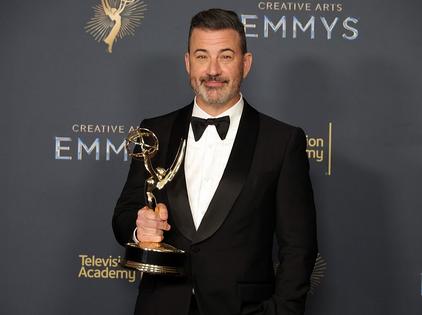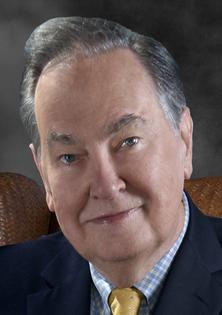Jimmy Kimmel, Free Speech and the FCC
The “indefinite suspension” of Jimmy Kimmel from his late-night show on ABC has unleashed a torrent of criticism or praise, depending on which ideological side one stands, despite the short suspension now having been lifted. (The Walt Disney Company, which owns ABC, just announced it will allow Kimmel’s show to return Tuesday night).
Democrats and the Left are engaging in predictable hyperbole. Some have called the suspension a violation of the First Amendment. Minnesota Governor Tim Walz may have topped them all. He said the suspension was “North Korea-style stuff.”
Several points. There is no constitutional or other right for anyone to have a show on a TV network. I was a Fox News Channel contributor for 19 years. For nearly 10 of those I appeared on a news critique panel and for two years I had my own show.
When management decided to cancel both shows (despite my pretty good ratings!) I didn’t complain. I said, “it’s their network and they get to decide who they want on the air and who they don’t.” I didn’t claim my First Amendment rights were being infringed upon. No one picketed demanding my return.
Kimmel’s ratings were terrible and the ABC affiliate stations complained about his claim that Republicans are trying to use the assassination of Charlie Kirk for political gain. Apparently, that was the last straw for management. If all the critics and demonstrators outside Disney (which owns ABC) had actually watched the show, Kimmel’s ratings might have been higher.
I think the reason there has been such an uproar from the Left is the realization that they are losing their monopoly in three areas they have dominated for decades – news, entertainment and academia. Charlie Kirk’s appeal to young people was the biggest threat of all, because if leftist professors can no longer indoctrinate the young without being challenged, their political power will be substantially diminished.
Now for the other side of this coin. The chairman of the Federal Communications Commission, Brendan Carr, made an unveiled threat to remove the licenses of local stations if they don’t comply with his view of what constitutes the public interest. On a podcast hosted by conservative Benny Johnson, Carr said: “They have a license granted by us at the FCC, and that comes with it an obligation to operate in the public interest. But frankly, when you see stuff like this, I mean we can do this the easy way or the hard way. These companies can find ways to change conduct and take action … on Kimmel or there’s going to be additional work for the FCC ahead.”
Sen. Ted Cruz (R-TX) was quick to respond to Carr: “I think it is unbelievably dangerous for government to put itself in the position of saying, ‘We’re going to decide what speech we like and what we don’t, and we’re going to threaten to take you out there if we don’t like what you’re saying.’ It might feel good right now to threaten Jimmy Kimmel, but when it is used to silence every conservative in America, we will regret it.”
Cruz is right and President Trump is wrong to criticize him. The president should look at what former presidents Bill Clinton and Barack Obama said about conservative media which some believed was an attempt to intimidate them and undermine their First Amendment rights.
Pulling the plug on Kimmel doesn’t mean the Left is without access to the media to proclaim their views. Except perhaps for foul speech and nudity (which sadly are available in abundance on some cable channels), the government should not be deciding what defines “public interest.” The term is vague, subjective and can change with the times.
Let the market decide, which it has in the matter of Jimmy Kimmel and Stephen Colbert before him.
========
Readers may email Cal Thomas at tcaeditors@tribpub.com. Look for Cal Thomas’ latest book “A Watchman in the Night: What I've Seen Over 50 Years Reporting on America" (HumanixBooks).
©2025 Tribune Content Agency, LLC.




































Comments